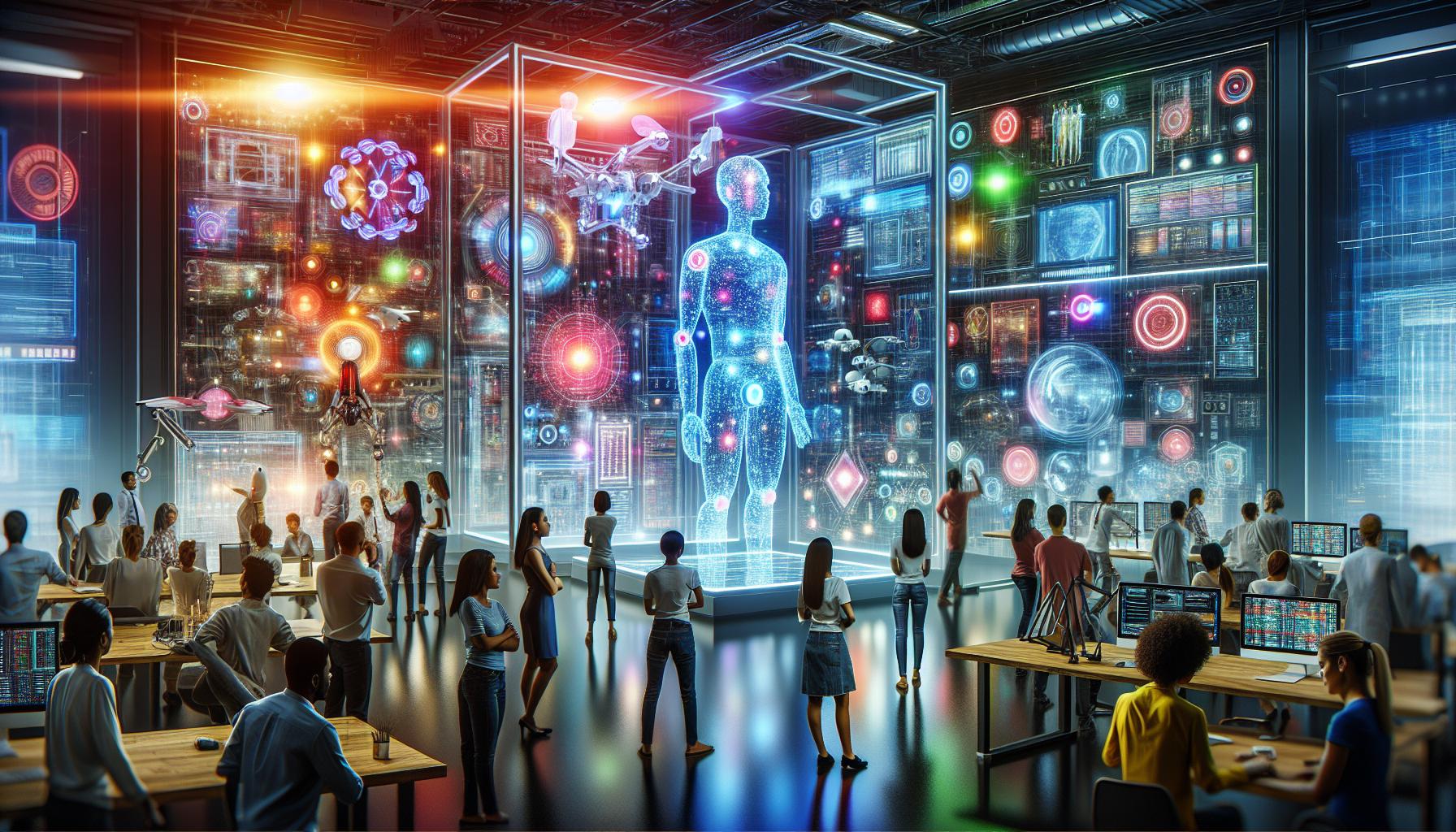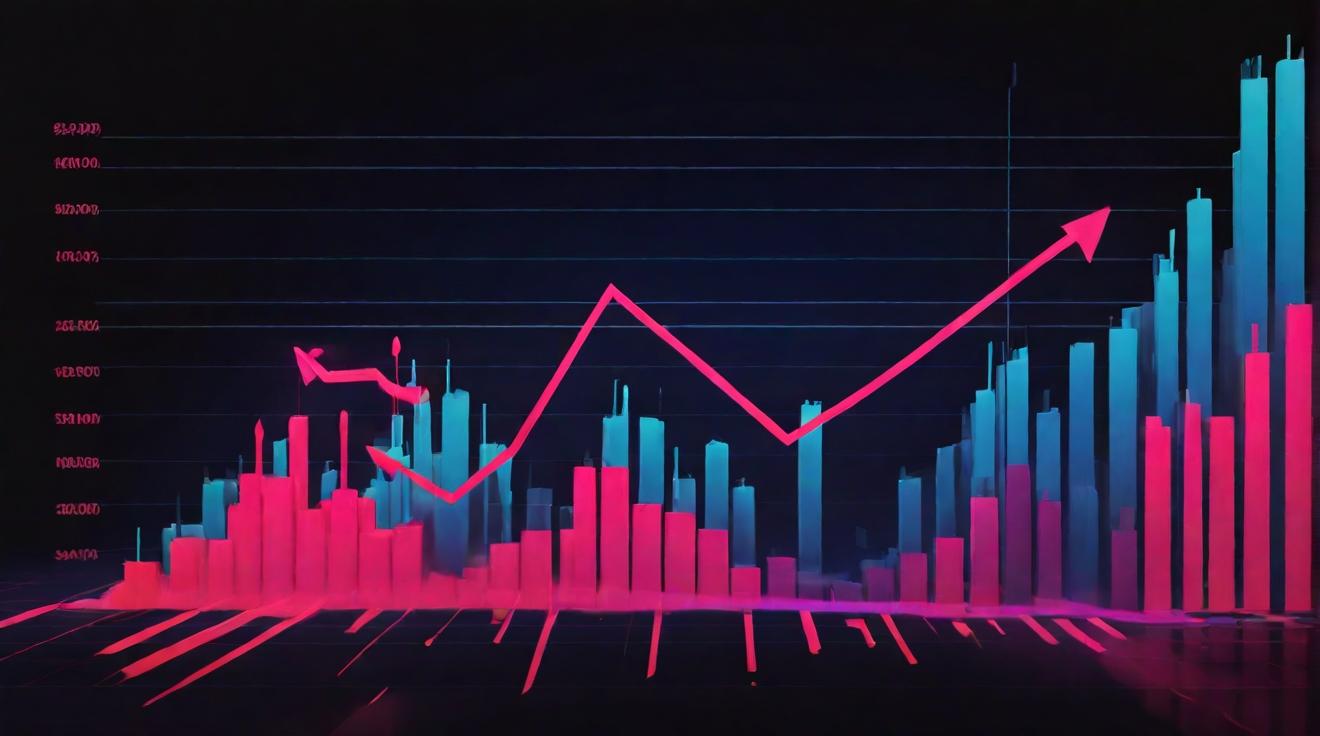The Future of Work: Challenging the Essence of Technological Progress
The fable of the future factory, where a dog and a person are the only workers, seems like science fiction. But in this potential reality, many questions arise. What will happen to the workers who are replaced by machines? How will they support themselves in a job market that no longer has a place for their skills? Can they transition to professions with a “future”? These questions are urgent, and it is important to challenge the essence of the technological progress we are advocating while we wait for answers.
Labor Automation: Debunking Optimism and Addressing Job Quality
The debate on labor automation is reignited with every technological leap. Some people downplay the impact of artificial intelligence, comparing it to the introduction of looms, assembly lines, or computers. But this simplification leads the debate towards emotion rather than facts. There are optimists who see technology as progress, and pessimists who worry about job quality and rising unemployment. It is crucial that we address these concerns and focus on the impact of automation on job quality and the well-being of workers.
Lessons from History: Balancing Technology and Social Improvement
Throughout history, economists have expressed concerns about technological change and mass unemployment. Figures like Keynes and Ricardo predicted dire consequences, but reality proved them wrong. Automation has often led to the creation of new jobs and increased productivity, which in turn spurs economic growth. However, the first industrial revolution taught us an important lesson: technology alone does not guarantee social improvement. Workers’ struggles and advances in welfare states were necessary to ensure the sharing of profits between workers and employers.
The Rise of Artificial Intelligence: Implications for Job Loss and Inequality
In recent years, the pace of technological advancement has accelerated, particularly in the field of artificial intelligence. With breakthroughs in machine learning, the risk of job loss has become a pressing concern. Oxford academics estimate that nearly half of all jobs are at risk, with tasks requiring creativity, social intelligence, and non-repetitive manual labor being the most resilient. This has implications for various professions, including journalists, lawyers, and architects. The indifference of politics towards this issue is worrisome, as technology alone does not guarantee job creation or progress.
The Impact of AI on the Labor Market: Urging Action for a Beneficial Transition
Since the 1980s, labor’s share of national income in developed economies has been declining. This decline has been attributed to various factors, including technology, globalization, and the shift towards intangible capital. Technology, in particular, has led to a polarization of the job market, with middle-skill jobs being replaced by automation. This stagnation has had devastating effects on the working class, leading to what economists have termed “deaths of despair.” In order to ensure a beneficial transition, political and business decisions need to be made to ensure that the profits generated by technology are shared with those who generate them. The time for action is now, as the adoption of AI is increasing and productivity growth is being recorded.
In conclusion, the future of work is uncertain as automation and artificial intelligence continue to advance. The potential for job loss and inequality is real, and it is essential that we address these concerns. We must challenge the notion that technology alone will bring progress and job creation. Instead, we must focus on the impact on job quality and the well-being of workers. History has shown us that technology can lead to social improvement, but only when profits are shared and workers are empowered. It is time for politics and businesses to step up and ensure a beneficial transition that benefits everyone.
Analyst comment
Positive news: The Rise of Artificial Intelligence: Implications for Job Loss and Inequality
As an analyst, I predict that the market will see a shift in job opportunities, with a potential increase in demand for professions that require creativity, social intelligence, and non-repetitive manual labor. This could benefit industries such as journalism, law, and architecture. However, urgent action is needed to ensure a beneficial transition that addresses job loss and inequality.
Negative news: The Future of Work: Challenging the Essence of Technological Progress, Labor Automation: Debunking Optimism and Addressing Job Quality, and The Impact of AI on the Labor Market: Urging Action for a Beneficial Transition
As an analyst, I predict that the market will face challenges and uncertainties due to the potential job losses and inequality resulting from automation and artificial intelligence. The decline in labor’s share of national income and the polarization of the job market could have devastating effects, particularly on the working class. Urgent action is necessary to ensure a beneficial transition and to address the concerns regarding job quality and well-being of workers.













